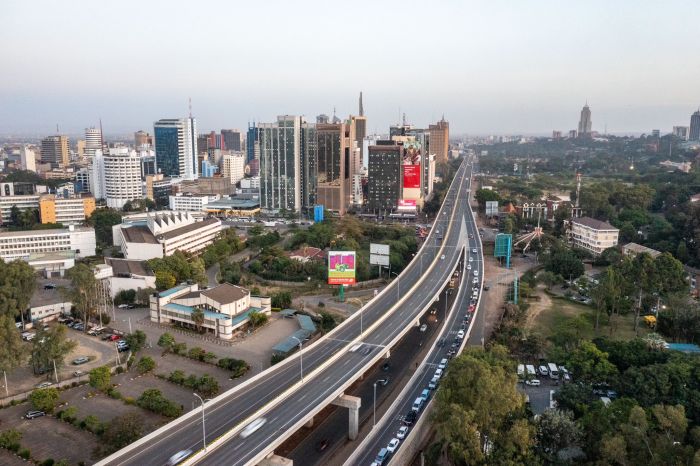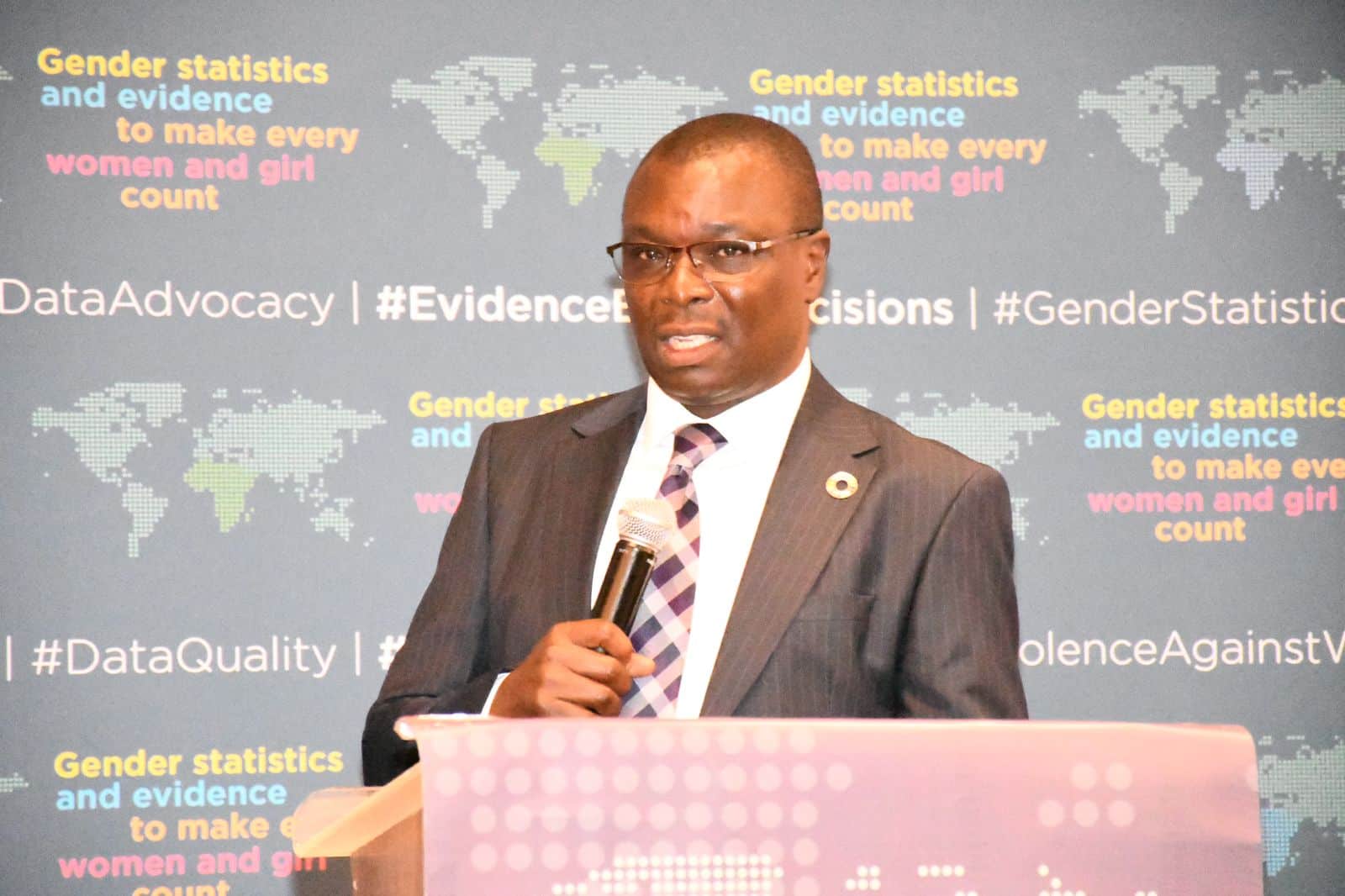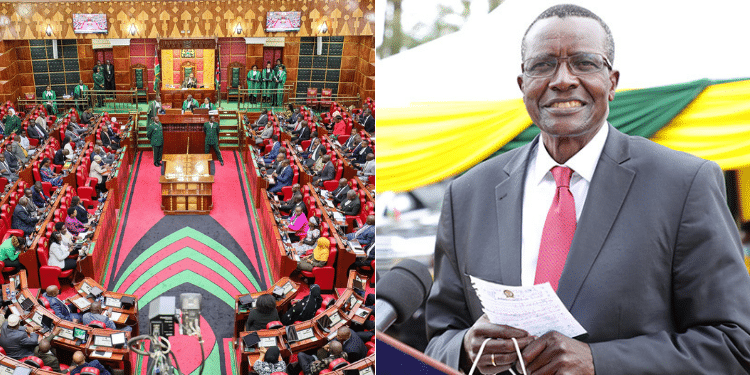The Judiciary has announced that it is set to hear a series of petitions regarding the call made by former Chief Justice (Emeritus) David Maraga to dissolve Parliament.
The Judiciary, in a statement on August 16, revealed that in 2019 and 2020, Chief Justice (Emeritus) David Maraga received six petitions seeking his advice to dissolve Parliament.
These petitions were “pursuant to Article 261(7) as read with Articles 27(3) & (8), 81(b) and 100 of the Constitution, on account of failure to enact legislation giving effect to the principle in Article 81(b), popularly known as the two-thirds Gender Rule.”
In his ruling, Maraga issued an Advisory Opinion to former President Uhuru Kenyatta on September 21, 2020, advising him to dissolve Parliament due to its failure to enact the necessary legislation to implement the gender representation principle.

Judiciary Shares an Update on Petition to Dissolve Parliament
However, the Advisory was challenged at the High Court vide Petitions No. E291 of 2020 consolidated with Petitions Nos. E300, E302, E305, E314, E317, E337, E228 & E229 all of 2020 and JR No. E1108 of 2020.
The jury stated that a 5-Judge bench of the High Court was reconstituted on July 31, 2024, to determine the consolidated petitions on a priority basis.
Also Read: Ruto Under Pressure to Dissolve Parliament & Call Fresh Elections
“The bench consists of Justices Jairus Ngaah (Presiding), Lawrence Mugambi, Patricia Nyaundi, Moses Otieno and Tabitha Ouya Wanyama,” Judiciary said in a statement.
Additionally, the Judiacry noted that the matter will be mentioned before the full bench on September 24,2024.
The Petitions were based on the ground that, despite four Court orders compelling Parliament to enact the legislation required to implement the two thirds gender rule in accordance with Article 27(3) read together with Articles 81(b) and 100 of the Constitution, Parliament has blatantly failed, refused and/or neglected to do so.
Why Maraga Wanted Uhuru to dissolve Parliament
Maraga’s move was to render the 418 positions, including 349 at the National Assembly and 67 in the Senate, vacant.
He stated that though the decision was to cause “inconvenience and economic hardship”, it is the “radical remedy Kenyans desired to incentivize the political elites to adhere to and fully operationalize the transformation agenda of the Constitution.”
“Your Excellency, the gravamen of the six petitions is that Parliament having, for over 9 years and despite 4 court orders, failed, refused and/or neglected to enact the requisite legislation, I should, pursuant to the provisions of Article 261(7) of the Constitution, advise you to dissolve Parliament in accordance with Article 261(7),” Maraga said in his directive.
“Let us endure pain if only to remind the electorate to hold their Parliamentary representatives accountable. Let us endure pain if only to remind ourselves that, as a country, being a democracy that has chosen to be governed by the rule of law, we must say no to impunity and hold everyone accountable for their actions or omissions.”
Also Read: Parliament Appeals to Kenyans Over Bill Tabled After Ruto’s Stance on Harambees
The two-gender rule is provided for in Article 27 of the 2010 Constitution and is generally aimed at ensuring gender parity and fairness in appointments.
It was one among the businesses Parliament needed to do within five years of the promulgation of the Constitution, but it failed nearly a decade later.
Furthermore, Maraga stated that the 10th Parliament claimed that it did not have enough time to enact the Bill, requesting a one-year extension. The Supreme Court then directed the legislation be passed by August 27, 2015.
https://whatsapp.com/channel/0029VaB3k54HltYFiQ1f2i2C











































































